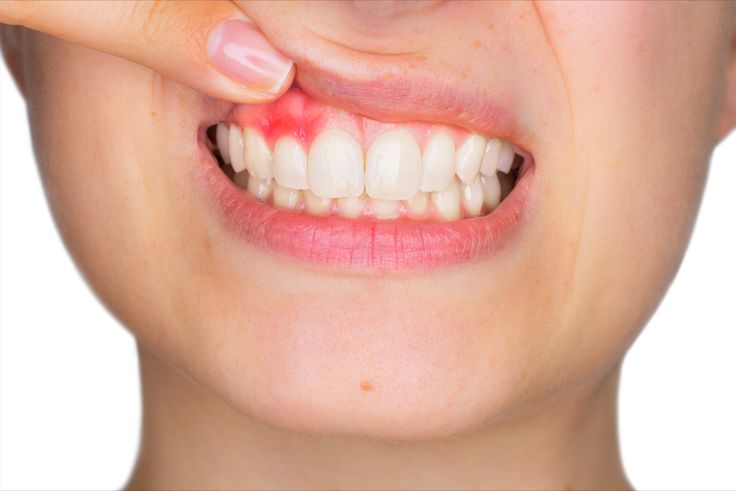Introduction:
An abscess is a painful collection of pus that can form anywhere in the body. It is typically caused by a bacterial infection. Abscesses can occur in various parts of the body, including the skin, mouth, lungs, brain, and abdomen.

When bacteria invade the body, the immune system responds by sending white blood cells to fight the infection. As the white blood cells attack the bacteria, they release chemicals that cause inflammation. This inflammation can lead to the formation of a pocket of pus, which is the defining characteristic of an abscess.
Types of Abscesses:
Abscesses are categorized based on their location:
- Skin abscesses: These are the most common type and often appear as boils or pimples.
- Tooth abscesses: These develop around a tooth's root due to bacterial infection.
- Internal abscesses: These form inside the body, in organs like the lungs, liver, or brain.
Symptoms of an Abscess:
Common symptoms include:
- Pain and tenderness: The area around the abscess is usually painful to the touch.
- Swelling: The abscess will cause noticeable swelling in the affected area.
- Redness and warmth: The skin over the abscess may be red and warm.
- Pus drainage: Some abscesses may drain pus, which can have a foul smell.
- Fever: A fever can indicate a systemic infection related to the abscess.
Causes of an Abscess:
The primary cause of an abscess is a bacterial infection. Other factors can increase the risk:
- Weakened immune system: People with compromised immune systems are more susceptible.
- Poor hygiene: Inadequate hygiene can increase the risk of bacterial infections.
- Diabetes: Diabetics are more prone to infections, including abscesses.
Treatment of an Abscess:
Treatment for an abscess usually involves:
- Drainage: A healthcare professional may drain the abscess to remove the pus.
- Antibiotics: Antibiotics are prescribed to kill the bacteria causing the infection.
- Pain relief: Over-the-counter pain relievers can help manage the pain.
It's crucial to seek medical attention if you suspect you have an abscess. Attempting to treat it yourself can lead to complications.

.jpg)